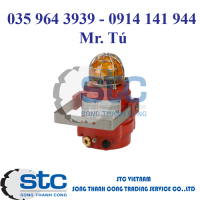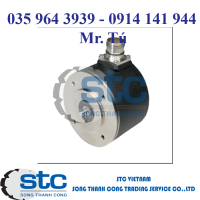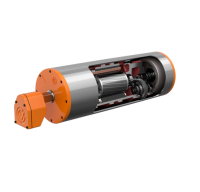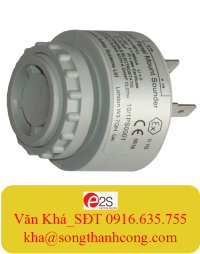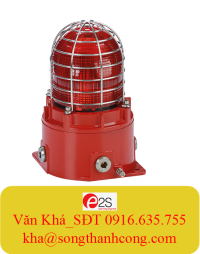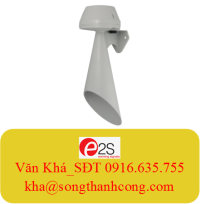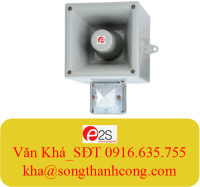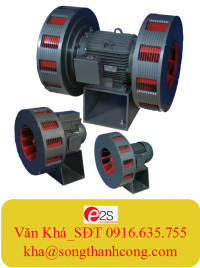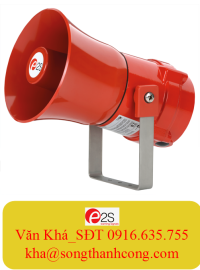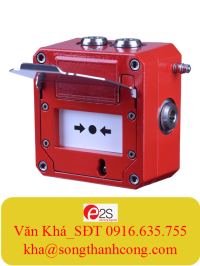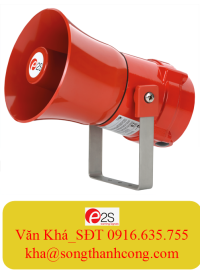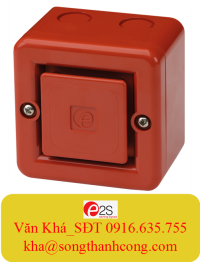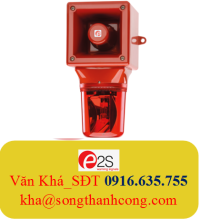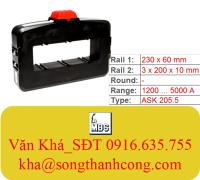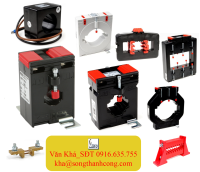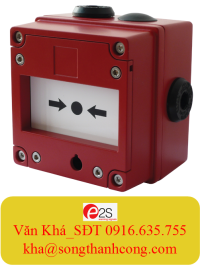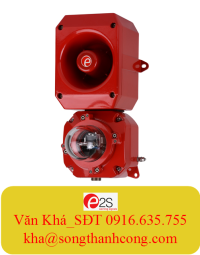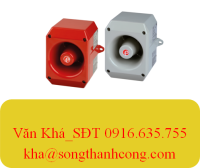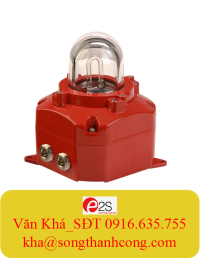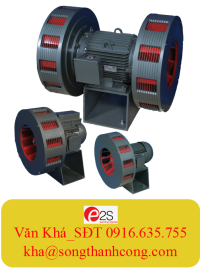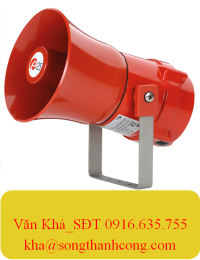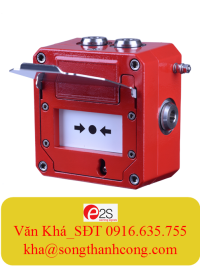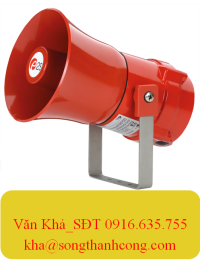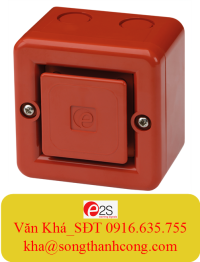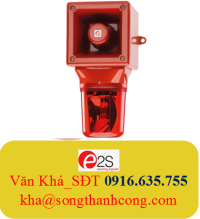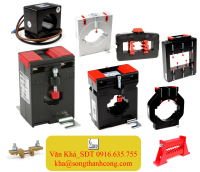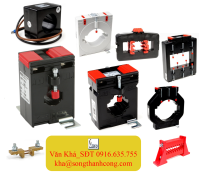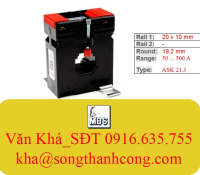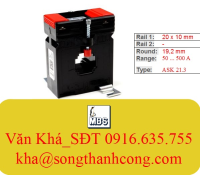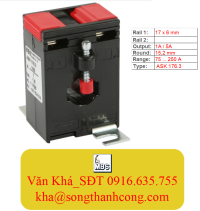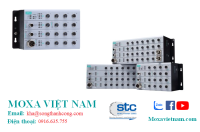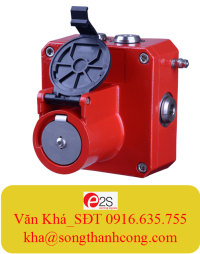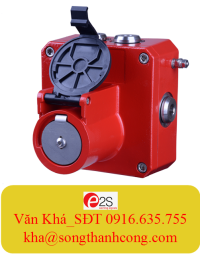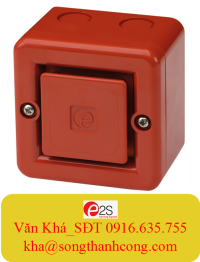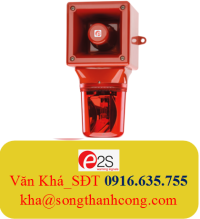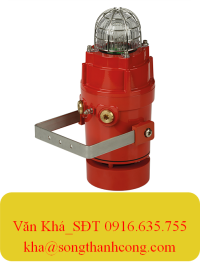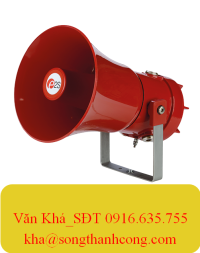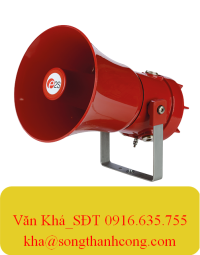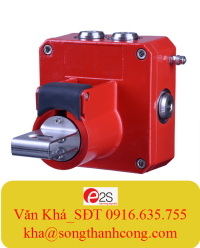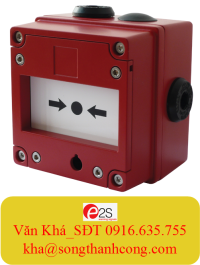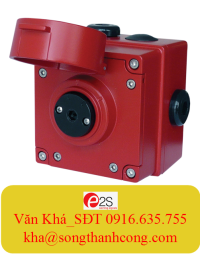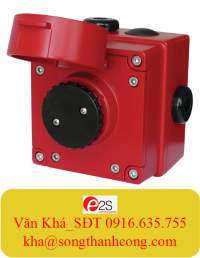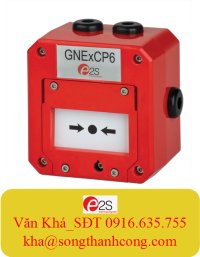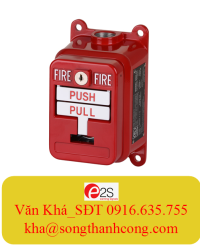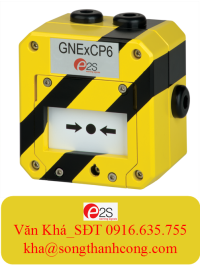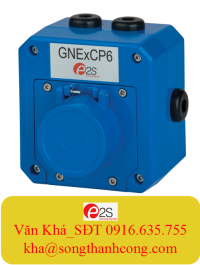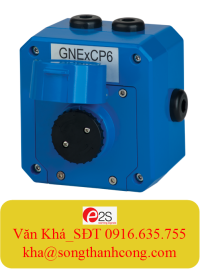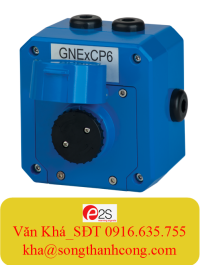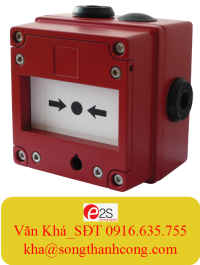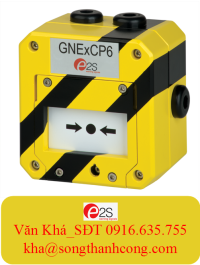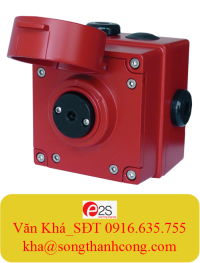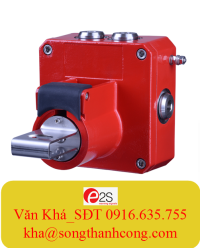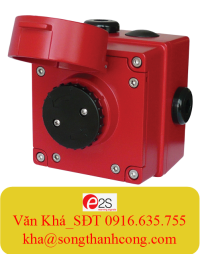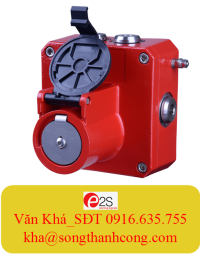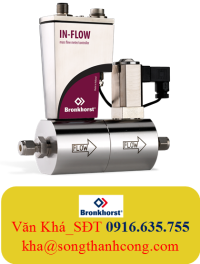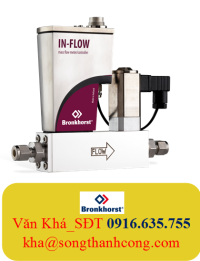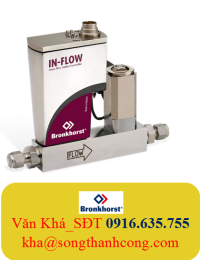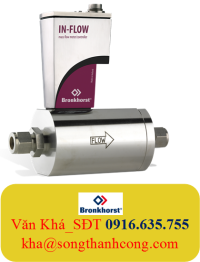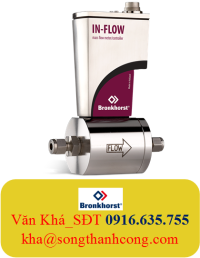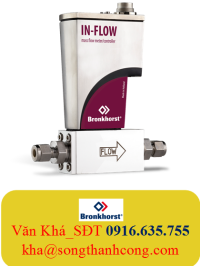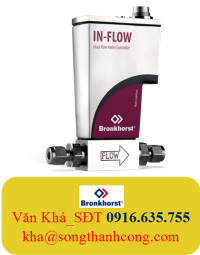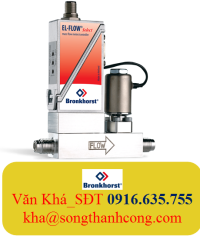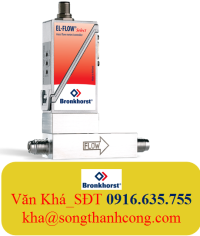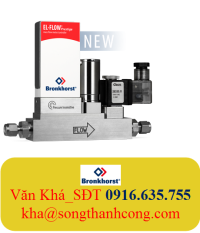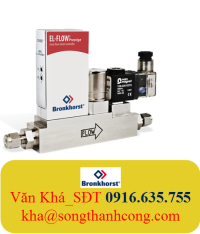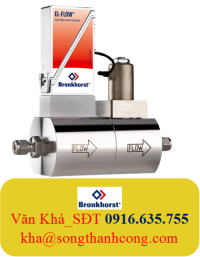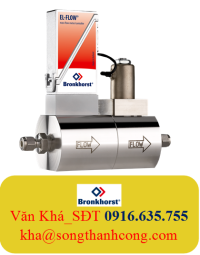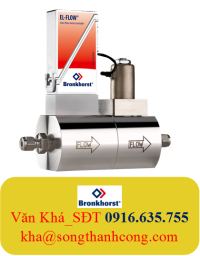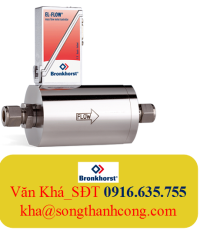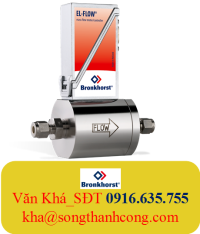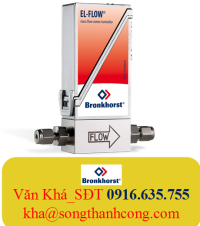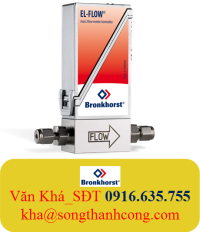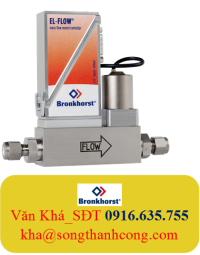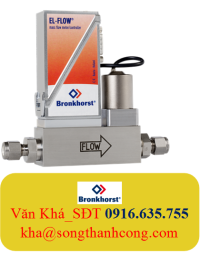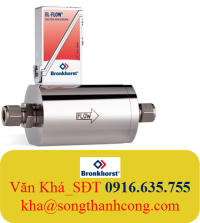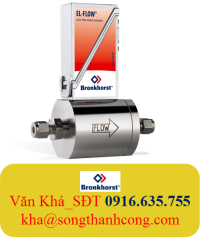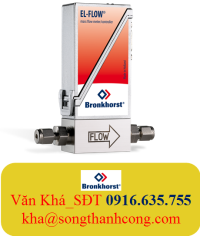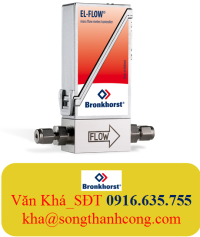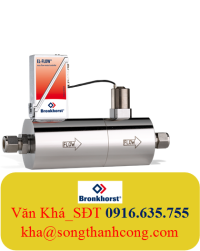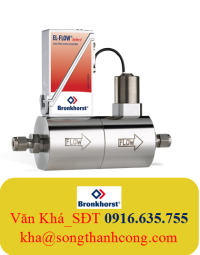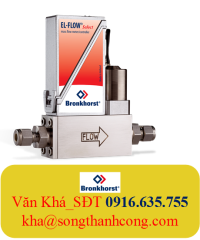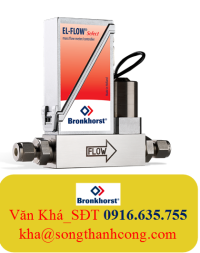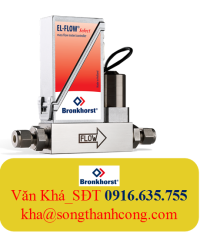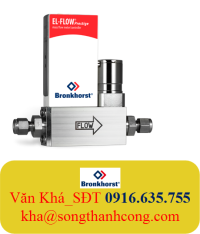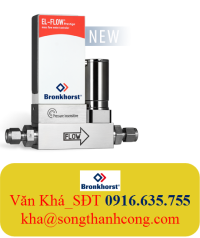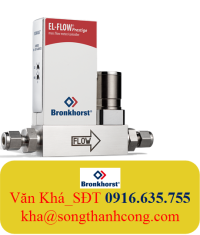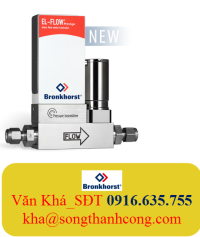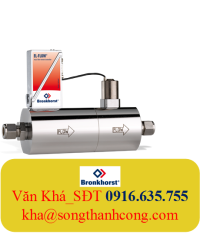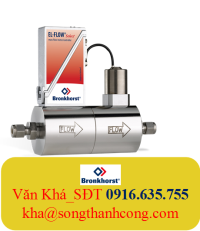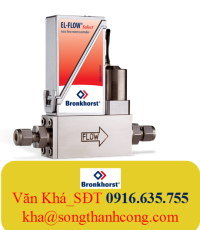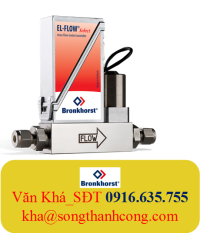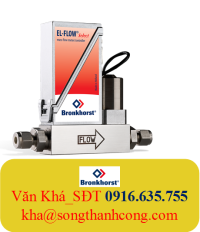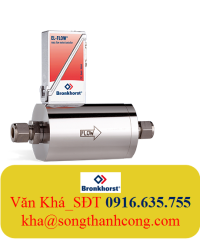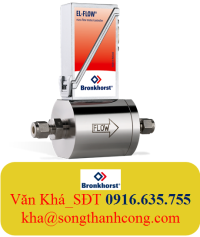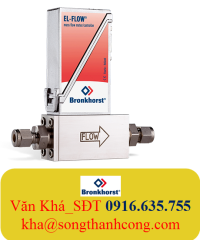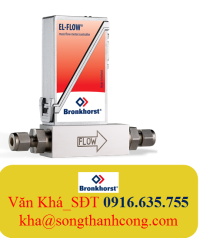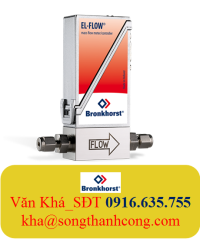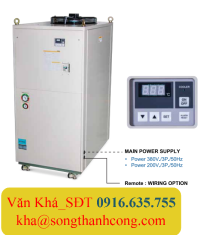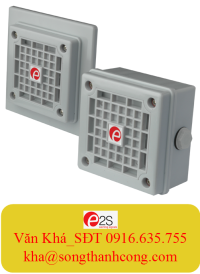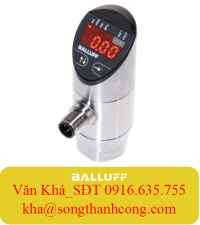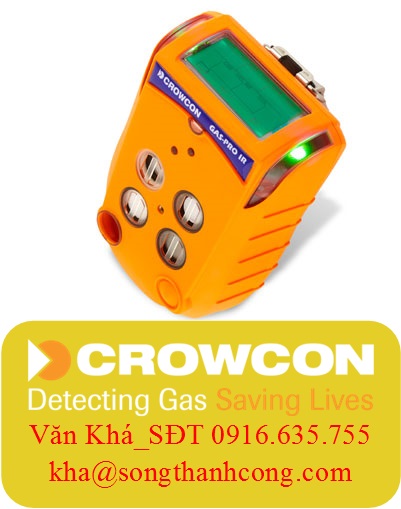
Máy đo khí độc hồng ngoại cầm tay Gas-Pro IR Crowcon Việt Nam


Overview
The infrared measurement gives improved reliability and measures gas in two different wavelengths: one that absorbs gas and the other does not. With little chance of being poisoned, the Gas-Pro IR is inherently safer and saves the need of regular and expensive pellistor replacement when used in likely contaminated environments.
The Gas-Pro Range is known for its simple use and functionality as well as easy testing and calibration. The Gas-Pro IR now completes the Gas-Pro range and gives greater flexibility for sensor selection in this 5-gas multigas detector.
IR Technology
Infrared emitters within the sensor each generate beams of IR light . Each beam is of equal intensity and is deflected by a mirror within the sensor on to a photo-receiver, which measures the level of IR received. The “measuring” beam, with a frequency of around 3.3μm, is absorbed by hydrocarbon gas molecules, so the beam intensity is reduced . The “reference” beam (around 3.0μm) is not absorbed, so arrives at the receiver at full strength.
The %LEL of gas present is determined by the difference in intensity between the beams measured by the photo-receiver.
IR sensors are reliable in some environments that can cause pellistor-based sensors to function incorrectly or in some cases fail:
- In some industrial environments, pellistors are at risk of being poisoned or inhibited. This leaves worker on their shift unprotected. IR sensors are not susceptible so significantly enhance safety in these conditions.
- Exposure to high levels of flammable gas can cause “sooting” of pellistors, reducing their sensitivity and potentially leading to failure Pellistors require oxygen to function. However, IR sensors can be relied on in applications such as fuel storage tanks where there is little or no oxygen, due to flushing with inert gas prior to maintenance or which still contain high levels of fuel vapours.
- The fail-safe nature of IR sensors, which automatically alert you to any fault, provides an additional layer of safety.
Gas-Pro IR measures in %LEL and has been certified for use in hazardous areas as defined by both ATEX/IECEx and UL.
User Friendly
- Top mount display – makes it easy to read at a glance
- Simple single button operation – can be used whilst wearing gloves
- Intuitive functionality – reduces training time
Adaptable
- Monitor 5 gases in many different combinations
- Pumped and diffusion solutions – – offers multiple uses within one compact detector
- Multiple languages
- Automatic fail-safe flow plate recognition – takes away the pain of pre-entry testing
- Specific and unique Pre-Entry Check (PEC) mode
Reliable
- Reliable lithium-ion battery – provides over 14 hr use from a 7.5 hr charge
- Water and dust resistant to IP65 and IP67 – capable of withstanding harsh environments
- Bump and calibration reminders – Full compliance
Specifications
| Size | 43 x 130 x 84mm (1.7 x 5.1 x 3.3ins) |
| Weight | 309g 4 gas (10.8oz)/ 340g pumped (11.9oz) 333g 5 gas (11.7oz)/ 362g pumped (12.7oz) |
| Alarms | Audible >95dB @ 30cm (98dB @30cm in loud mode) Visual – all angle dual red/blue LEDs Vibrating alert |
| Display | Top mount for ease of view with dual colour backlight (green/red) |
| Data logging | 125 hr at 10-second intervals (45,000 logs) |
| Event logging | Alarm, over range, calibration, bump, on/off, TWA, 1000 events |
| Battery | Rechargeable Li-ion, >14 hr (13 hr pumped operation) based on CH4, O2, H2S, CO Typical charge time 7.5 hr |
| Sampling | Internal pump as option |
| Operating temperature | -20°C to +55°C (-4°F to +131°F) |
| Storage | -25°C to +65°C (-13°F to +149°F) |
| Humidity | 10 to 95% RH |
| Ingress protection | Independently tested to IP65 |
| Approvals | IECEx: Ex db ia IIC T4 Gb Tamb -20°C to +55°C ATEX: II 2 G Ex db ia IIC T4 Gb Tamb -20°C to +55°C UL: Class 1, Division 1, Groups A, B, C, and D UL 913, UL 60079-0 and UL 60079-11 INMETRO: Ex db ia IIC T4 Gb Tamb -20°C to +55°C Marine Equipment Directive: MED 1500009 |
| Compliance | FCC and CE Complies with EMC Directive 2014/30/EU EN50270 and ICES-003 |
| Interface | Data connection for gas test solutions and direct to PC |
| Charging | Direct connection to multiregional power supply Vehicle charger adaptor Desktop cradle USB power and communications lead |
Gases and Ranges
| Gas | Range | Typical Alarms | Resolution |
| PID | 0-1000ppm | 50ppm | 1ppm |
| Ammonia (NH3) | 0-100ppm | 25ppm | 1ppm |
| Carbon dioxide (CO2) | 0-5% vol. | 0-5% vol. | 0.01% vol. |
| Carbon monoxide (CO) | 0-2000ppm | 30ppm | 1ppm |
| Carbon monoxide (CO) | 0-500ppm | 30ppm | 1ppm |
| Carbon monoxide (hydrogen filtered) |
0-2000ppm | 30ppm | 1ppm |
| Chlorine (Cl2) | 0 – 5ppm | 0.5ppm | 0.1ppm |
| Dual toxic (CO-H2S) | H2S 0-100ppm CO 0-500ppm |
5ppm 30ppm |
1ppm 1ppm |
| Flammable | 0-100% LEL | 20% LEL | 1% LEL |
| Hydrogen sulphide (H2S) | 0-100ppm | 5ppm | 1ppm |
| Nitrogen dioxide (NO2) | 0-20ppm | 1ppm | 0.5ppm |
| Oxygen (O2) | 0-25% vol. | 19% / 23% vol. | 0.1% vol. |
| Ozone (O3) | 0-1ppm | 0.1ppm | 0.01ppm |
| Sulpher dioxide (SO2) | 0-20ppm | 1ppm | 0.1ppm |
| Chlorine dioxide (ClO2) | 0-1ppm | 0.1ppm | 0.1ppm |
| Nitric oxide (NO) | 0-100ppm | 25ppm | 1ppm |






